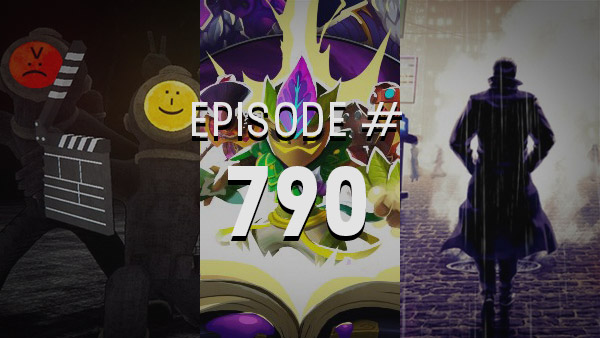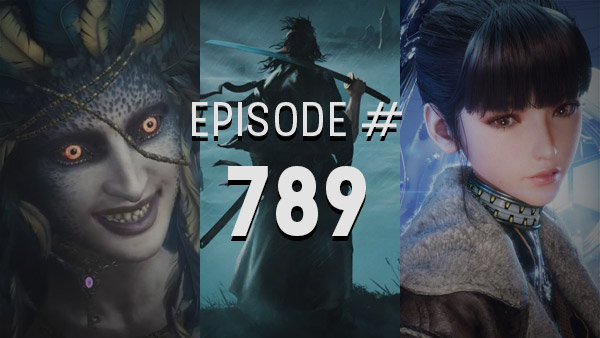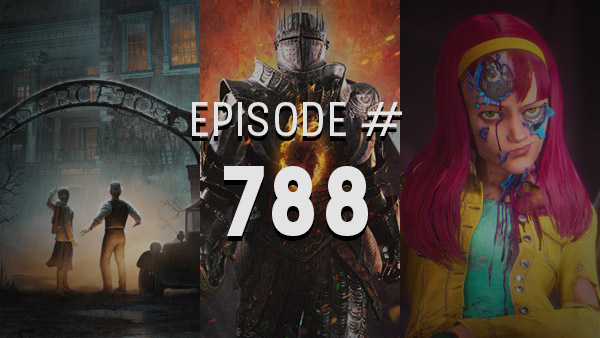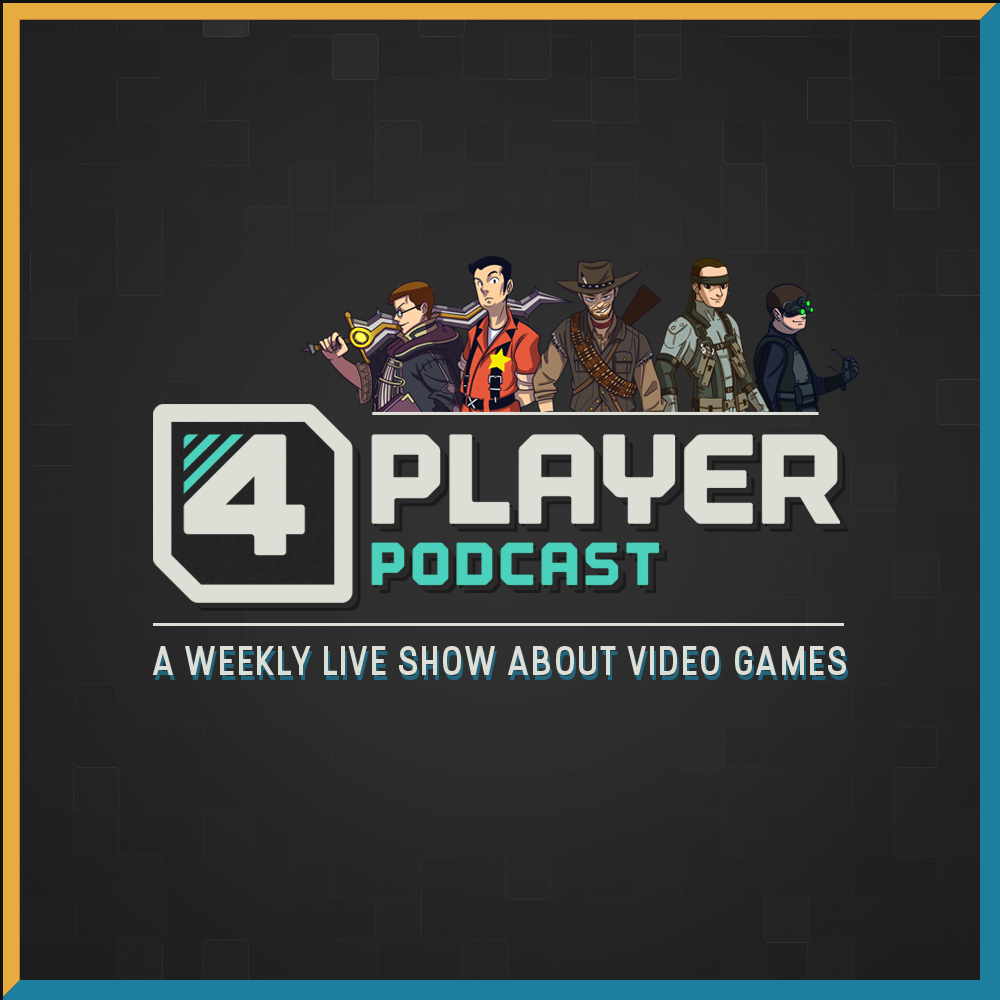Your login information returned multiple users. Please select the user you would like to log in as and re-type in your password.

Digital distribution is increasingly becoming the preferred method for publishing games and has been gaining popularity among consumers for purchasing games. Stores like XBox Live, the Apple App Store or Steam sell digital copies of titles online which has reduced the cost of distribution, increased the profit margin for developers and made publishing more accessible to small studios. The question remains: how much money reaches the developers in the end? What is the premium developers pay to have their game in the catalog? And, most importantly, what can the consumer do to make sure most of the money gets to the hands of the creators?
Every service that markets and sells games for the developers takes a percentage of sales. This is standard practice as it allows those services to then cover operation costs, thus keeping them in business. How much money they take off the top, however, can vary drastically given the service. Let’s look at a quick break down of some popular services:
| Service | Developer’s Cut | Pricing: | Payment to Developer: |
|---|---|---|---|
| Apple App Store | 70% | Set by Developer | Unknown |
| Amazon AppStore | 20% to 70% | Set by Developer | Electronic Transfer with minimum of $10 (US) or $100 (international) |
| Android Market | 70% | Set by Developer | Google Checkout |
| XBox Indie Market | 40% to 70% | Restricted | Minimum of $150 every calendar quarter. |
As you can see, developers typically get about 70% of the total money from sales of their games. Every service allows the developer to retain ownership of their game; the developer just allows the service the right to copy, distribute and market their software. There is, however, some scenarios that can potentially screw a developer depending on the service they choose.
Apple App Store:
Selling applications on the Apple App Store is a bit like joining Fight Club. Developers are not allowed publicly to discuss the terms they agreed to in order to have their application sold by Apple. The EFF, however, did get their hands on a copy of the agreement and it is enlightening to say the least. If a developer makes an app specifically for iOS products (iPhone, iPad, etc), they absolutely cannot sell that software through anyone but Apple; they retain the rights to the intellectual property and can still make a version of the game for other platforms (like Angry Birds), but they cannot sell their iOS version anywhere but the App Store. Aside from this restriction and the whole joining of the cult thing, the developers do get their standard 70% cut with minimal strings attached.
Got an app that requires a subscription fee like Netflix? Well, if you subscribe to the app through the App Store, Apple still takes a part of that monthly subscription. If you go to the developer directly and pay for a subscription through them, they will get 100% of it.
Amazon AppStore:
If you’ve been paying attention to any recent news, you may have heard that the Amazon AppStore is under fire by the IGDA, and for good reason. Amazon retains the right to re-price the app at any price (even free) and give the developer either the 70% of the sale cost or 20% of the listing price (the price set by the developer); which option they get is based on which value is greater. This allows Amazon to price developer’s apps competitively against other digital distribution services, but gives them the right to only give developers 20%.
Android Market:
Google has actually done some good work in this area and has one of the more reasonable agreements with developers. There is no Fight Club and there is no taking the developer’s money with “competitive pricing.” The developer gets their fair 70% share and everyone is (mostly) happy.
XBox Indie Market:
Microsoft has made it abundantly clear that indie developers must pay dearly in order to use their services. While understandably restricting the pricing points for indie games (80, 240 or 400 points or roughly $1, $3 or $5), they also retain the right to change the price of the game at any time. If they happen to feature said indie game (increasing its exposure), they then increase the amount of money they take out of the sales for the game from 30% up to 60%. This means that developers who have games that are featured on the market place will only receive 40% of their money (that would be around 40 cents if the game cost 80 points).
To add insult to injury, Microsoft only pays developers at the end of each calendar quarter and only if they have over $150 total in sales. If the sales of the game have not reached that threshold, the balance is moved to the next quarter until it hits over $150. If the game is removed from the market place, the developer loses that balance entirely. Out of all of the services, Microsoft by far charges the most for the privilege of distributing an application on their platform; with exclusive distribution rights, who can blame them?
After all is said and done, how can you make sure that the developer gets the most out of your money? Quite simply, stick to the services that give the developers the highest percentage of sales and the most rights. The best option to get the most money to the developer is to buy it directly from the developers themselves. If you can get the game you want directly from them, you are making sure that they get 100% of those sales. For certain platforms that may be impossible (XBox or iOS), but for others (Android or PC), it should be a simple matter.
Sources:
XBox Submission Agreement
XBox Cert Requirements
Apple App Store ToS
IGDA hates on Amazon




Comments
12 years, 8 months ago
Makes you think twice before you buy something from the market. Thanks for the info new member of 4PP.
12 years, 8 months ago
Microsoft... damn
12 years, 8 months ago
Microsoft has always been notoriously bad for this, and a number of indie developers have commented on it in the past. A recent example would be the studio behind "Cthulhu Saves the World" claiming that they made more money via Steam over the course of a week than they did over a year and a half on Xbox Live.
Good article.
12 years, 8 months ago
The fact that Micro$oft is like that is pretty typical, but I had no idea about Amazon. I hope the more deserving indie developers take their creativity to better services.
12 years, 8 months ago
I do have to ask: Does the exposure on the Xbox Network make it worth the while? Will big wig game devs be more likely to see what these indie dudes have to offer on the xbox marketplace? If not, then I salute all the indie games trying to make it through the hellish struggle of being on the micro$oft side
12 years, 8 months ago
I never really knew about how these services worked. This info might be useful for me in the future. Thanks!
12 years, 8 months ago
I recently got an iPhone and now feel sort of crappy... An Android phone was #1 on my list, but I've been trying to decide on a smartphone for more than a year and decided to just say screw it. I generally don't even play games on my phone, though. But XBox Indie Market... man.
12 years, 8 months ago
Well fuck microsoft
12 years, 8 months ago
I know who I'm gonna avoid buying from now.
12 years, 8 months ago
Damn, eye opening article, I hardly ever even think about this stuff when I buy games. Very informative stuff though, great job.
12 years, 8 months ago
Wow. Very interesting stuff, thanks for the info.
12 years, 8 months ago
I wonder how it works out on PSN. I buy most of my dlc stuff on 360 and it sucks to know some of the developers didn't see much of the money.
12 years, 8 months ago
Hmm... so apparently Valve doesn't say how much Steam's game developers make, however Tripwire has commented on the rates before.
"Without breaking any non-disclosure agreements, let me just say that our royalty deal was great, and is in line with what I understand that other digital distribution services are offering. We were able to recoup our development costs for our first game within the first week of sales, and sales were straight profit from that point on."
12 years, 8 months ago
This article is missing some Steam.
12 years, 8 months ago
Well keep in mind that some types of games just won't work on phones due to either hardware limitations or shitty controls. In that regard, taking it up the ass from Microsoft might be worth it to make the game you want. ...Or you could just put it on Steam instead and make way more money.
At any rate, this is good to know if I ever decide to make phone apps or games.
12 years, 8 months ago
Microsoft screwing over people? Unheard of
12 years, 8 months ago
I am actually curious what Steam's agreement is with developers, not that it should matter because I wouldn't doubt they are fairer then certain other companies.